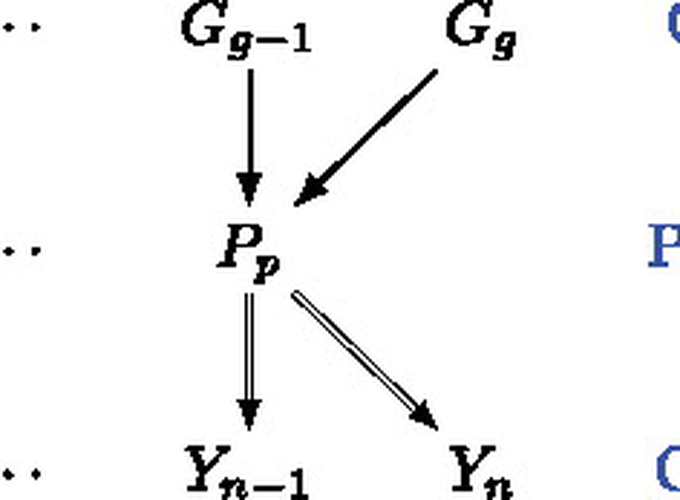Bayesian Hierarchical Varying-Sparsity Regression Models with Application to Cancer Proteogenomics
Abstract
Identifying patient-specific prognostic biomarkers is of critical importance in developing personalized treatment for clinically and molecularly heterogeneous diseases such as cancer. In this article, we propose a novel regression framework, Bayesian hierarchical varying-sparsity regression (BEHAVIOR) models to select clinically relevant disease markers by integrating proteogenomic (proteomic+genomic) and clinical data. Our methods allow flexible modeling of protein–gene relationships as well as induces sparsity in both protein–gene and protein–survival relationships, to select genomically driven prognostic protein markers at the patient-level. Simulation studies demonstrate the superior performance of BEHAVIOR against competing method in terms of both protein marker selection and survival prediction. We apply BEHAVIOR to The Cancer Genome Atlas (TCGA) proteogenomic pan-cancer data and find several interesting prognostic proteins and pathways that are shared across multiple cancers and some that exclusively pertain to specific cancers. Supplementary materials for this article, including a standardized description of the materials available for reproducing the work, are available online.
